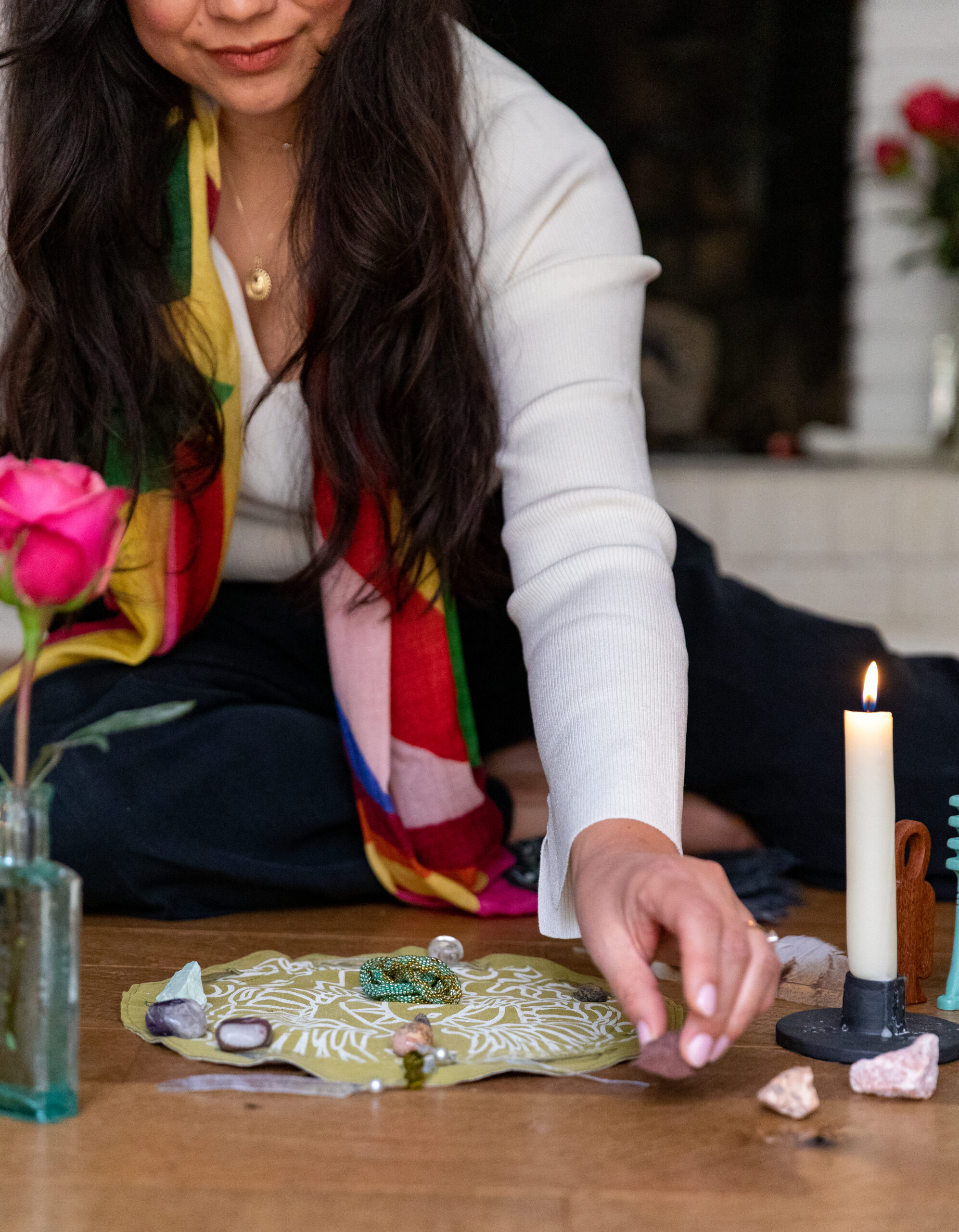The work of Stephen Jenkinson deeply inspires me. For those who are not yet familiar with with wonderful story teller and grief literacy advocate, he work in palliative care for many years and has traveled the world to talk about end of life experiences. He wrote a wonderful book called “Dying Wise” and I wanted to explore some of his quotes here in this blog post.
“Dying well is a bequest that you leave to those you love. Dying well is the way you could be known by those you won’t live long enough to meet, the way by which they might feel loved by you after you die.”
– Stephen Jenkinson, Dying Wise
It’s true that the way that a loved one passes tends to stay with us. Sometimes we even focus on it more deeply that the entirety of the live the person lived. This means that in the act of dying, there is a power to leave a legacy of joy, love and acceptance. It might feel counter intuitive, but often times, my sense is that the clearer the dying one can be about what their needs are and for the rest of us to rally around them, the greater the possibility for joy, love and acceptance.
Each of us will die. By getting clear on our physical, emotional and spiritual needs, we set ourselves up for ease and acceptance in our next journey. This can release our family and friends from worrying about us and how we’re doing. The care and love that is extended on both sides at the time of death is a sentiment, story and legacy and that can create for our families and communities. In the film about him, Stephen Jenkinson talks about “dying extravagantly” and I love that vision.
“We suffer in our dying time from our addled language, from our assumptions about trauma, and because we think dying is what happens to our bodies. We deserve better than we get get when it comes to dying, and until we change all of this, dying will ask more of dying people than should be asked of them. Dying is not what happens to you. Dying is what you do.”
– Stephen Jenkinson, Dying Wise
In dominant culture (contemporary US specifically), we often pick unhelpful thoughts and beliefs about death. Some of us were taught by religion that “the wages of sin are death.” That death is something that happens to us because we or sinners. Or even, that death is something that happens to us at all as opposed to death is something that we do.
I love this sentiment that death is something that we do. We are in the driver’s seat. My death is my experience to create. That subtle but powerful shift creates more autonomy and empowerment for all of us.
How we die, and how we care for dying people, and how we carry the dead: Taken all together, this work makes our village life or breaks it.. Dying, and helping someone die, is a time for watching that river roll on and getting to know its eddies and its ways. It is a time for standing still beside the old pine, or beside where it used to be, learning life. Dying is not a time for not dying.”
– Stephen Jenkinson, Dying Wise
This little paragraph succinctly sums up the meaning of my life’s work. I absolutely agree that positive death culture is what creates a culture that celebrates life to its fullest. I also love the sentence “dying is not a time for not dying,” which to me means.. There are times to fight the will for your will to survive, to live on, etc. but if you are actually dying, you can also be where you are and that is the greatest medicine to you and those around you.

